The History of Lithuania
 Lithuanian Prehistory
Lithuanian PrehistoryBaltic Man – Homo balticus, theory of meeting of Cro magnon and Lungby man (? – from Denmark) in the vicinity of today’s Hannover and migration east along shores of the Baltic.
Evidence from the Mesolitic Period (8000-3500 B.C.)
Neolithic cultures (3500-2000 B.C.)
Pre-Indoeuropean agricultural groups, early Indoeuropean culture based on archeological and linguistic evidence.
Oldest Indoeuropean language.
Cognates with Sanskrit, Greek, Latin
Migration of the Balts.
Proto-Balts.
Broze Age (1600-500 B.C.)
Early Iron Age.
Origins of the Lithuanian Nation
Relation of the Lithuanians with the Herulli.
Theoretical Thracian and Phrygian origins.
Roman state theory
Palemonus, either an explorer or fleeing persecution in time of Seneca, founds settlement on the site of today’s Kernave, on the banks of the Neris River. ‘Lietuva’ – ‘Litubi’ derived from aboriginals sitting on the banks, or litoral, of the river, playing on reed pipes – tubi. (The simple contemporary explanation is that the name ‘Lietuva’ is derived from the word ‘lietus’ – ‘rain,’ for “land of rain,” although rainfall is no higher than in neighboring countries.)
First millennium A.D.
Differentiation of the Balts.
Boundaries.
Commercial relations with others.
The Lithuanian State
Establishment of the duchy.
Development of the Lithuanian Grand Duchy.
Gediminas and his dynasty.
Expansion in the East.
Feudalism.
Union with Riga.
Target of the Crusades.
Teutonic Knights.
Livonian Order.
Union with Poland
Diarchy
Internal strife
The Kreva Alliance
Consequences
The rise of Vytautas
Impact on Russia
Decline of the Teutonic Knights
Battle of Zalgiris (Grunwald)
The rule of the nobility
Election of Casimir
Opposition to the union with Poland
Growth of the landed gentry
Aggression from the Duchy of Moscow
Social stratification
Reforms
Administrative
Agrarian
Protestant Reformation
Renewed wars with Moscow
The Union of Lublin
The Commonwealth of the Gentry
Stephen Batory
Successful defense against Moscow
Western influences
Renewed warfare with Moscow
The Russian occupation of 1655
Internal unrest
Nobility dissatisfied
The North War
Russian intervention
Collapse of the Commonwealth
Efforts of revival
Partitioning
Lithuania in the 19th Century
Cultural growth after partitioning
Old society vs. new state
The War of 1812
Influences of the Enlightenment
New Education
Samogitia
National strivings
The role of the university
The uprisings of 1831, 1863
Continued resistance
Rebirth of nationalism
The fight for the Lithuanian language
Clandestine press
Successful resistance to the Cyrillic alphabet
Involvement in the upheavals of 1905
World War One and its aftermath
German Army Frei Korps freebooters -- ‘Bermontininkai’
1918 and Independence
The Republic Prior to World War Two
East Prussia
Early history
Emanuel Kant, Kristijonas Donelaitis
Klaipeda (Memel) Mandated to Lithuania
Hitler’s ultimatum and the seizure of Klaipeda
Karaliaucius-Konigsberg-Kaliningrad
Relations with Poland
Polish occupation of Vilnius
Smetona and the Coup d’Etat of 1926
The Baltic States Entente
The “New Jerusalem” – Lithuanian Jewry
The Ribbentrop-Molotov Pact
Stalin’s ultimatum and Soviet occupation
Sovietization
The reign of terror and mass deportations
The 1941 revolt
Nazi Occupation
Armed resistance
Administrative resistance
The Holocaust in Lithuania
Refusal to form an S.S. Legion
The Return of the Soviets
Forced collectivization
Arrests and genocide
The NKVD and its methods
Lithuanians in the Gulag
Industrialization in a planned economy
Russification
Religious persecution
“Brothers of the Forest” – Partisan Resistance, 1944-53
Diminished armed resistance until 1977
Soviet military operations
Missions to the West, waning hope and betrayal
The Lithuanian Diaspora
Siberia, escape to Displaced Persons’ camps, America, Australia, Argentina, Colombia, Germany
The Dissidents and Underground Resistance, 1967-90
The Lithuanian Soviet Socialist Republic
“Building Socialism”
First to break away from the USSR
“Sajudis”
New independence: EU, NATO
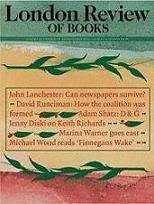




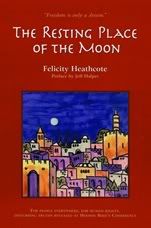





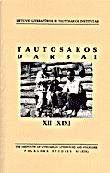
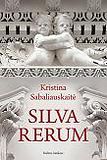
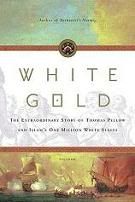
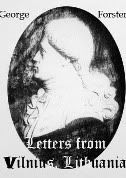
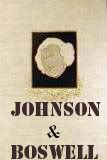
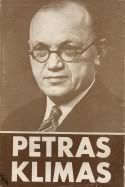
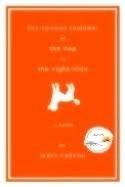
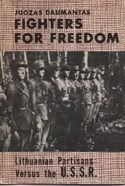
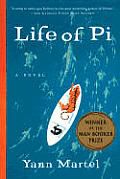

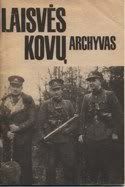
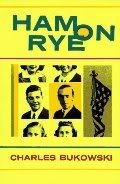


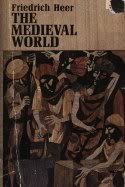
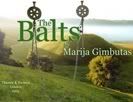

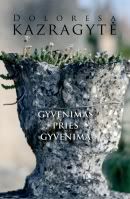


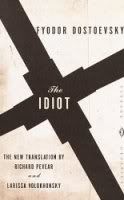
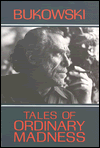
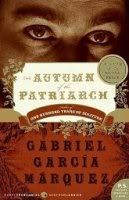
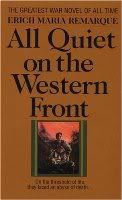
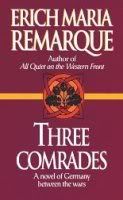

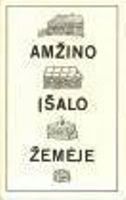


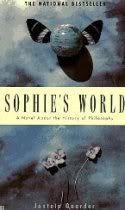
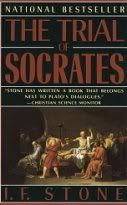

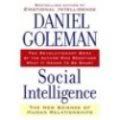

2 Comments:
Very interesting.
A good synopsis. As I've said before Ineta, you are an interesting primate.
Post a Comment
<< Home